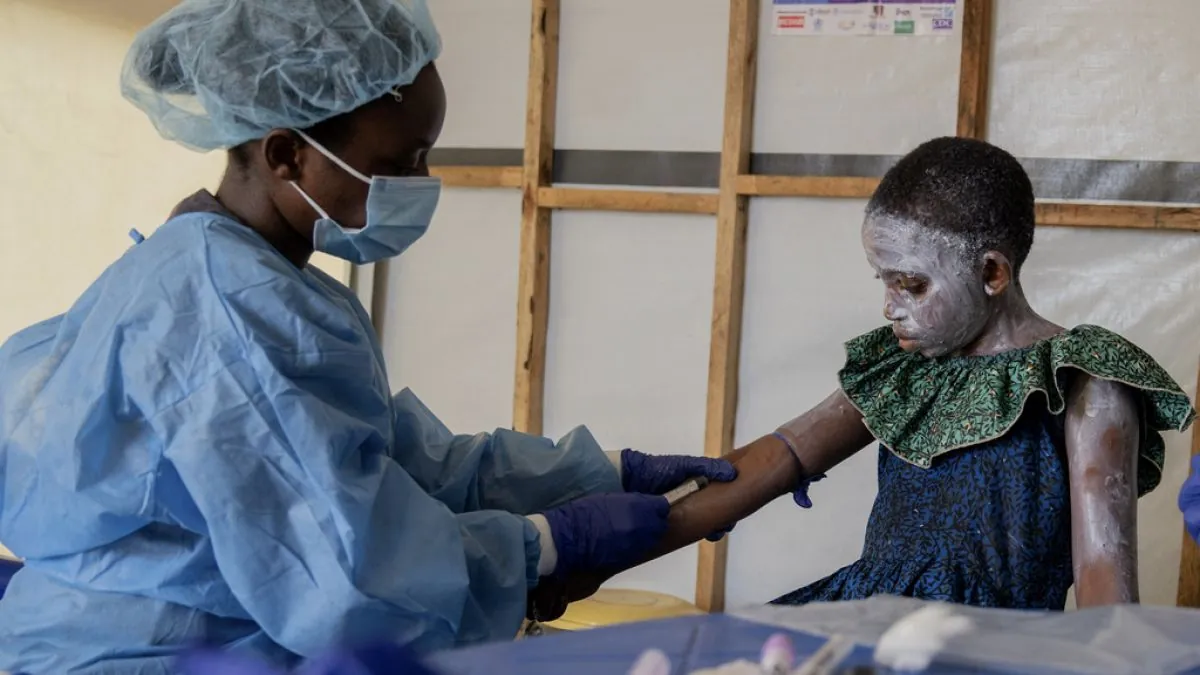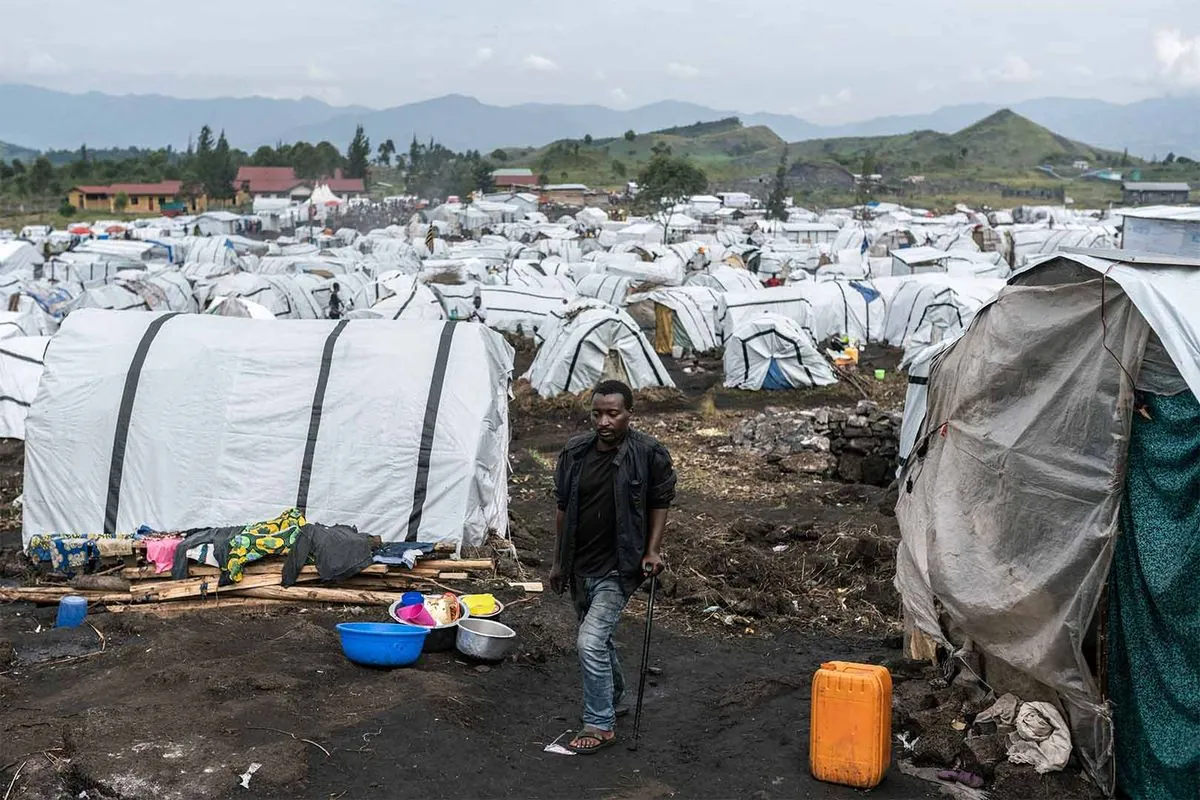Africa Faces Mpox Surge Amid Vaccine Delays and New Variant Concerns
Africa reports nearly 4,000 new mpox cases in a week, with vaccine deliveries delayed. A new variant in Congo sparks community transmission concerns, complicating humanitarian efforts.

The African continent is experiencing a significant increase in mpox cases, with the Africa Centers for Disease Control and Prevention (CDC) reporting almost 4,000 new infections in the past week. Dr. Jean Kaseya, head of the Africa CDC, disclosed that the total number of cases has reached 22,863, with 622 fatalities.
Mpox, formerly known as monkeypox, was first discovered in 1958 in a colony of research monkeys. The first human case was recorded in 1970 in the Democratic Republic of Congo, and the disease has since become endemic in parts of Central and West Africa. Unlike its more deadly cousin smallpox, mpox is less contagious and has a lower fatality rate, typically ranging from 1-10%.
The current situation in Africa is exacerbated by delays in vaccine delivery. Western partners, including the European Union and the United States, have promised approximately 380,000 doses of mpox vaccines. However, this amount represents less than 15% of the doses required to control the outbreaks in Congo, which is currently the epicenter of the global emergency.

Dr. Ngashi Ngongo, the Africa CDC incidents manager for mpox, stated that the first batch of vaccine doses is expected to arrive on September 1, 2024. This delay is attributed to documentation and emergency authorization issues. The initial shipment will include 50,000 doses from the U.S. government and 15,000 from the vaccines alliance GAVI.
The situation is particularly concerning due to the emergence of a new mpox variant first detected in Congo. This variant is causing significant community-level transmission in neighboring countries. For instance, Burundi has recorded nearly 800 mpox cases in the past month alone.
"Humanitarian actors are struggling to control the outbreak due to insufficient resources."
The humanitarian crisis in Congo, where millions of people have been displaced due to ongoing violence, further complicates efforts to control the outbreak. Children are especially vulnerable in these crowded conditions, where the virus can easily spread through close contact or contaminated materials.
In response to the escalating situation, the Africa CDC is developing a unified response plan to be presented to African heads of state at a meeting in September 2024. In the meantime, African countries are promoting health measures and hygiene practices to slow the spread of the virus.
It's worth noting that mpox has an incubation period of 6 to 13 days, but it can range from 5 to 21 days. Symptoms typically include fever, rash, and swollen lymph nodes. While vaccines developed for smallpox provide some protection against mpox, their availability in Africa remains limited.
As the continent grapples with this health crisis, the need for international support and timely vaccine distribution becomes increasingly urgent. The ongoing mpox outbreak serves as a reminder of the importance of global health equity and the need for rapid response mechanisms to address emerging infectious diseases.


































